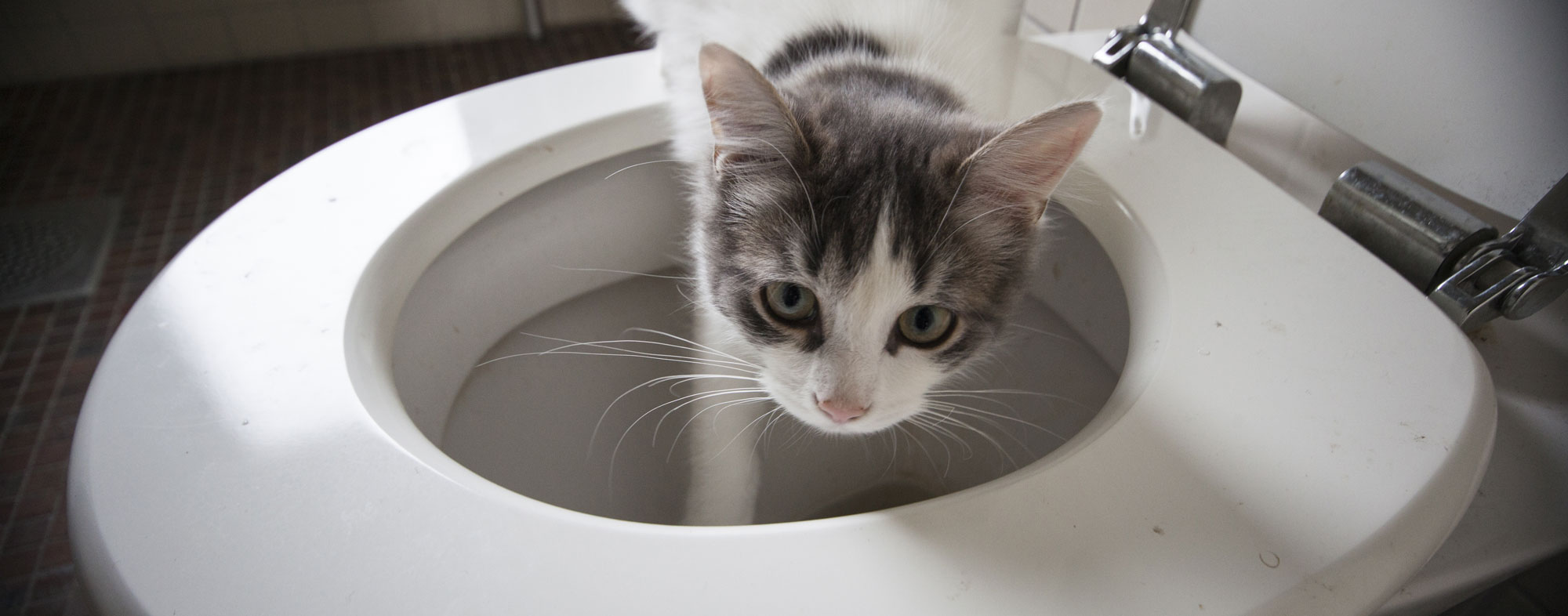Why You Shouldn't Flush Cat Poop Down Your Toilet - Maintain Your Pipe Health
Why You Shouldn't Flush Cat Poop Down Your Toilet - Maintain Your Pipe Health
Blog Article
Right here below you can locate lots of quality data in relation to How to Dispose of Cat Poop and Litter Without Plastic Bags.

Introduction
As feline proprietors, it's important to bear in mind just how we get rid of our feline buddies' waste. While it might appear hassle-free to purge cat poop down the bathroom, this practice can have damaging repercussions for both the environment and human health and wellness.
Alternatives to Flushing
Thankfully, there are much safer and much more accountable ways to deal with pet cat poop. Think about the adhering to choices:
1. Scoop and Dispose in Trash
One of the most typical method of disposing of feline poop is to scoop it into an eco-friendly bag and throw it in the trash. Make certain to utilize a committed trash inside story and throw away the waste immediately.
2. Usage Biodegradable Litter
Select biodegradable feline litter made from products such as corn or wheat. These litters are eco-friendly and can be securely dealt with in the garbage.
3. Bury in the Yard
If you have a yard, take into consideration hiding pet cat waste in a marked location away from vegetable yards and water sources. Make certain to dig deep enough to stop contamination of groundwater.
4. Install a Pet Waste Disposal System
Purchase a pet dog waste disposal system particularly designed for feline waste. These systems make use of enzymes to break down the waste, decreasing smell and environmental effect.
Wellness Risks
In addition to environmental worries, flushing pet cat waste can likewise present health and wellness risks to people. Cat feces might consist of Toxoplasma gondii, a bloodsucker that can cause toxoplasmosis-- a potentially serious health problem, particularly for expecting ladies and people with damaged immune systems.
Environmental Impact
Flushing feline poop presents unsafe pathogens and parasites into the supply of water, positioning a substantial threat to marine ecosystems. These contaminants can negatively impact marine life and compromise water quality.
Conclusion
Responsible pet ownership expands past giving food and sanctuary-- it likewise includes appropriate waste administration. By refraining from flushing pet cat poop down the commode and going with different disposal techniques, we can lessen our environmental impact and shield human wellness.
Why Can’t I Flush Cat Poop?
It Spreads a Parasite
Cats are frequently infected with a parasite called toxoplasma gondii. The parasite causes an infection called toxoplasmosis. It is usually harmless to cats. The parasite only uses cat poop as a host for its eggs. Otherwise, the cat’s immune system usually keeps the infection at low enough levels to maintain its own health. But it does not stop the develop of eggs. These eggs are tiny and surprisingly tough. They may survive for a year before they begin to grow. But that’s the problem.
Our wastewater system is not designed to deal with toxoplasmosis eggs. Instead, most eggs will flush from your toilet into sewers and wastewater management plants. After the sewage is treated for many other harmful things in it, it is typically released into local rivers, lakes, or oceans. Here, the toxoplasmosis eggs can find new hosts, including starfish, crabs, otters, and many other wildlife. For many, this is a significant risk to their health. Toxoplasmosis can also end up infecting water sources that are important for agriculture, which means our deer, pigs, and sheep can get infected too.
Is There Risk to Humans?
There can be a risk to human life from flushing cat poop down the toilet. If you do so, the parasites from your cat’s poop can end up in shellfish, game animals, or livestock. If this meat is then served raw or undercooked, the people who eat it can get sick.
In fact, according to the CDC, 40 million people in the United States are infected with toxoplasma gondii. They get it from exposure to infected seafood, or from some kind of cat poop contamination, like drinking from a stream that is contaminated or touching anything that has come into contact with cat poop. That includes just cleaning a cat litter box.
Most people who get infected with these parasites will not develop any symptoms. However, for pregnant women or for those with compromised immune systems, the parasite can cause severe health problems.
How to Handle Cat Poop
The best way to handle cat poop is actually to clean the box more often. The eggs that the parasite sheds will not become active until one to five days after the cat poops. That means that if you clean daily, you’re much less likely to come into direct contact with infectious eggs.
That said, always dispose of cat poop in the garbage and not down the toilet. Wash your hands before and after you clean the litter box, and bring the bag of poop right outside to your garbage bins.
https://trenchlesssolutionsusa.com/why-cant-i-flush-cat-poop/
:max_bytes(150000):strip_icc()/0S1A1090-49a8e2c66f8e41d6901f2559787a7f24.jpg)
I'm certainly very occupied with Don’t flush cat feces down the toilet and I hope you appreciated the entire blog posting. Feel free to set aside a second to promote this blog if you enjoyed it. Thanks for your time. Visit us again soon.
Get Quote Report this page